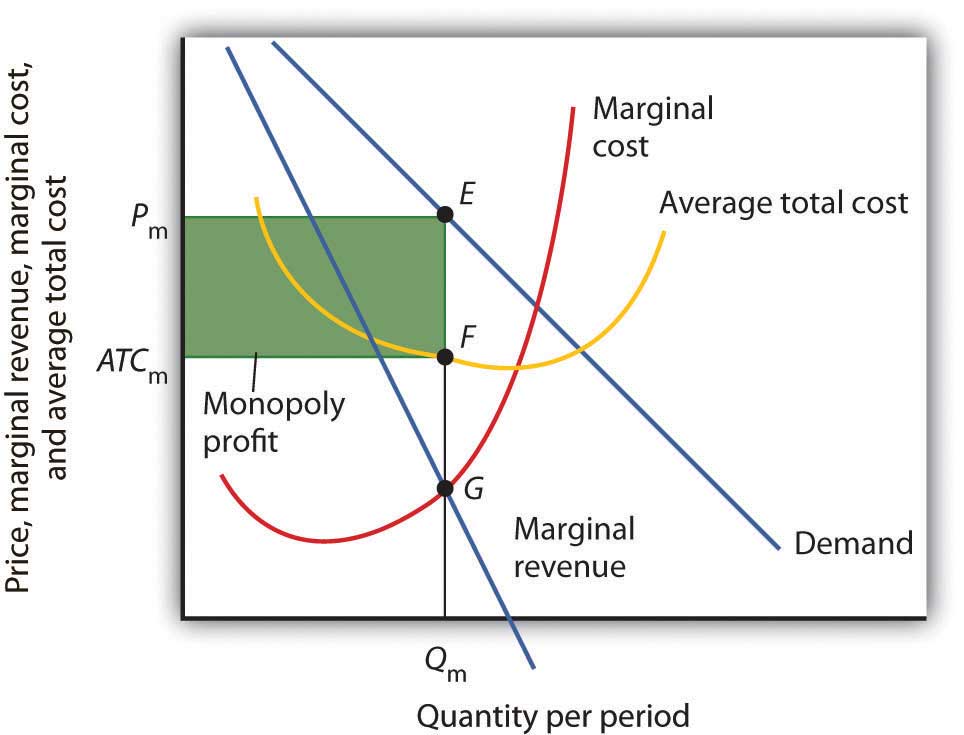

Many – even most – of the 3.5 billion searches Google performs each day aren’t monetized at all. Google’s value proposition is helping users find things. But what they offer to advertisers and what users want from them are very different. Both companies earn most of their revenue from advertising: 97 percent for Facebook and 88 percent for Google’s parent company Alphabet in 2016. Together, the two companies collected 63 percent of U.S.

Google and Facebook are most frequently discussed together, likely because of their domination of internet advertising. Google: Advertising revenue from searches It also suggests ways to assess, regulate and manage that power to protect competition and even democracy itself. Understanding these companies in their proper business contexts makes it easier to understand their power in the marketplace and society at large. But, as a scholar of the media marketplace that many of these firms are beginning to explore, I know that lumping them together hides the fact they’re very separate and distinct – not just as companies, but in terms of their business models and practices. In the U.S., when an industry gets so large it exerts political pressure on society, people often label the industry as a whole, like “ Big Oil,” “ Big Tobacco” or “ Big Pharma.” The so-called big tech companies certainly are big: In 2017, they were the top five most valuable public companies in the U.S. Conceiving of “ big tech” as a single industry makes the threat and influence overwhelming. Other technology giants have also sparked concern: Google, Apple, Amazon and Microsoft have all faced objections from users, the public and even government agencies.īecause all of these companies provide services relating to computers, there is a tendency to lump them together, calling them “ Big Tech” or the “ Frightful Five” or even “ GAFA” – the acronym for the first four of them, leaving Microsoft out. Public concern about Facebook’s power in society – and in politics – has skyrocketed in the wake of revelations that users’ data was analyzed by a U.K.-based marketing firm and used to construct highly targeted political propaganda in advance of the 2016 U.S.


 0 kommentar(er)
0 kommentar(er)
